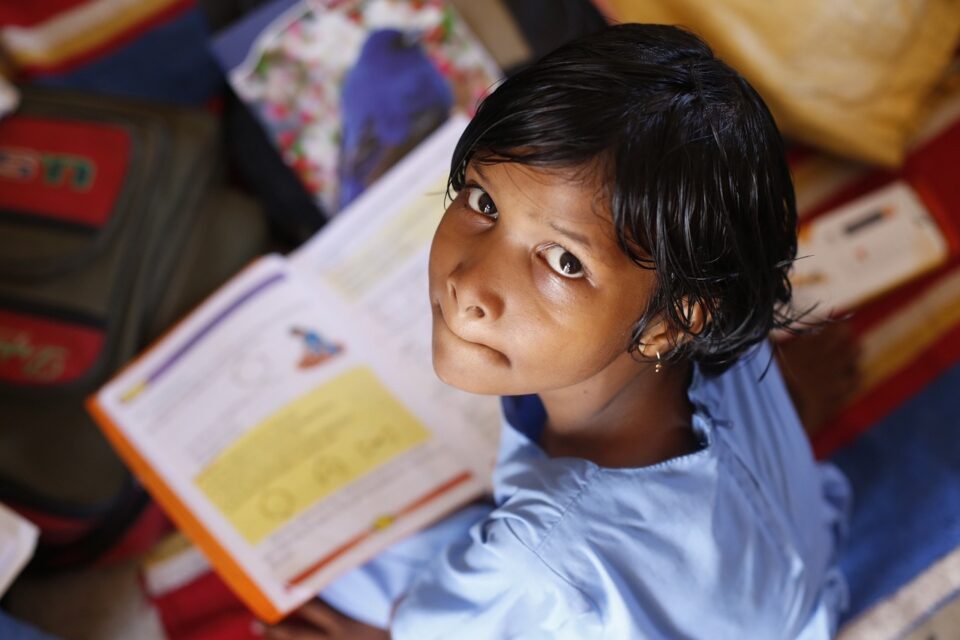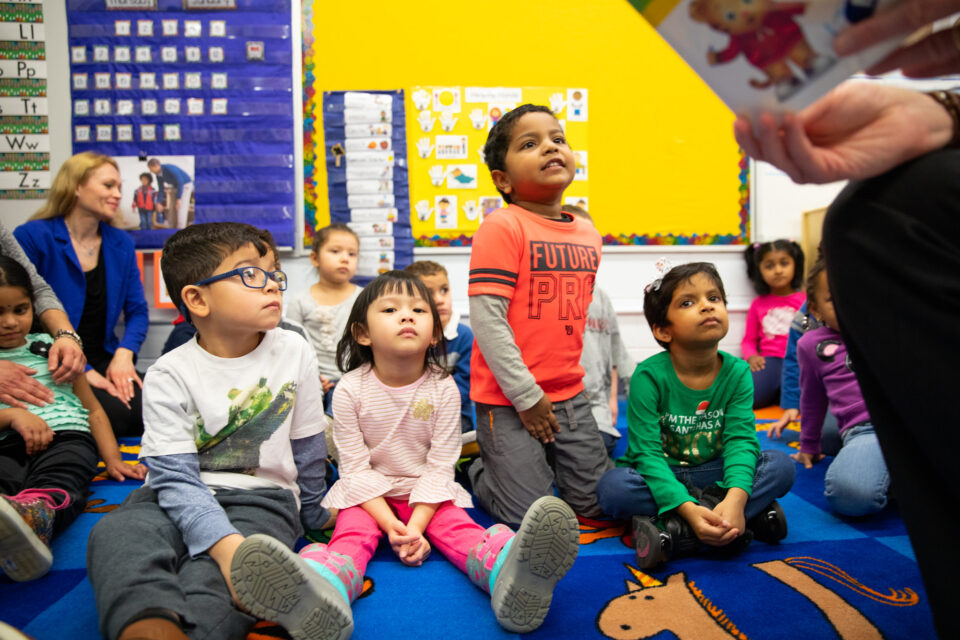
LILLEY: New Jersey’s Financial Condition Is Dead Last in the Nation
December 22, 2022
LILLEY: Murphy Education Department’s Refusal to Confront Facts Will Cause Long-Term Damage to Our Kids, Says New Report
January 3, 2023COMMENTARY: Should Our Equity Efforts Be Focused on Reading or Culture Wars?
This week NJ Spotlight News has a segment on the New Jersey Education Department’s much-belated release of last spring’s test scores, which showed, for instance, that 61% percent of New Jersey high school seniors failed a 10th grade-level reading test and 69% of sixth-graders failed their math test. While districts had access to their student outcomes, school-by-school results weren’t available to the public until nine months after students took the assessments. These results are critical, as PoliticoNJ explains, in order to “target learning supports to struggling students” and determine the best practices to help students recover from learning loss. Data is power.
The guests on the Spotlight segment provide a clear view of how the academic needs of students in New Jersey–actually, all of America—are playing out in our hyper-polarized education system.
- There are those who view the data as a clarion call to prioritize learning recovery through a research-based full-court-press intervention system in order to rescue students from potentially life-long deficiencies in math and literacy.
- There are those who view the data as an opportunity to undermine efforts at measuring student proficiency and teacher effectiveness while playing divisive culture war games.
NJ Spotlight has four guests on this segment (it starts at the 12 minute mark), two of whom make commonsensical remarks: kids from less wealthy town suffered far more learning loss and students must have their other needs met—qualified teachers, good facilities, food—in order to learn. Let’s focus on the two guests who give us a wider lens into the current educational wars, Paula White, Executive Director of JerseyCAN and former Chief Turnaround Officer for the DOE, and Sean Spiller, President of NJ Education Association (who will most likely run for governor).
Here’s White:
If we had an achievement gap before–which we know we did–and the students in the highest quartile [highest proficiency levels] lost less ground and the students in the lowest quartile loss more ground, the gap has become a gulf.
The New Jersey Department of Education needs to have a strategic comprehensive multi-layered plan for how we’re going to address this. Our districts are hungry for support and also guidance around best practices. And in education, just like in any other enterprise that is urgent, we have to move with urgency.
White argues here that the alarming results of the spring assessments, with low-income students losing as much as 30-40 points in proficiency levels, is an emergency that demands clear (and currently absent) direction from the top.
Then host Brianna Vannozzi begins the segment with Spiller by properly noting that “NJEA is an underwriter of NJ Spotlight.” She also notes that Spiller will emphasize “more support for teachers so they can spend more time teaching.”
Here’s Spiller:
You talk to any educator and what they’ll say is the amount of paperwork vs. before this all started, it’s unbelievable how much more there is now. [There’s so much] loss of freedom and flexibility in terms of you being able to teach as an art.
Remarkably Spiller makes no mention of the severe learning loss endured by New Jersey students—one of the highest rates in the country. He’s not interested in strategic plans or guidance from the DOE. He displays no sense of urgency. Instead, he revives the mythology of teaching as an art, not a science (Emily Hanford of “Sold a Story” fame would have something to say to him about the need for teachers to be polished practitioners in the science of reading) as he makes a plea to get rid of Student Growth Objectives (SGO’s), one way we gauge educator effectiveness. In his view, teachers are the victims, with students an afterthought.
Anyway, how do you grade an artist? And if teaching is a magical art, I guess learning is too. Spiller probably agrees with the head of the Los Angeles teachers union who told Los Angeles magazine “Our kids didn’t lose anything. It’s OK that our babies may not have learned all their times tables. They learned resilience. They learned survival. They learned critical-thinking skills. They know the difference between a riot and a protest. They know the words insurrection and coup.”
Meanwhile, NJEA just announced next month’s “Equity Allliance” conference that will feature programs like this one:
“Humanizing to Healing – We live is racist, sexist, classist, oppressive systems that operate in ways that harm and dehumanize us. It is especially vital within our public school system that we create spaces that are both healing and humanizing for ourselves and our children. This session series will invite the collective wisdom to guide us toward the ways we can become more effective healing centered practitioners and invite us to reflect and liberate ourselves through practices of breathing and movement.”
I am well aware of all the “ism’s” that infect our country, I am driven by inequities that pervade our education system. Yet you’d think NJEA’s weekend of professional development would be less focused on what another session calls “disrupting the default dominant culture narratives” and laser-focused on students who are so far behind in reading and math that they’ll never catch up, plagued by lower high school graduation levels, college enrollment, and lifetime wages.
Isn’t that where the pursuit of equity starts?
Within the context of the learning crisis, everything else is just fluff.




